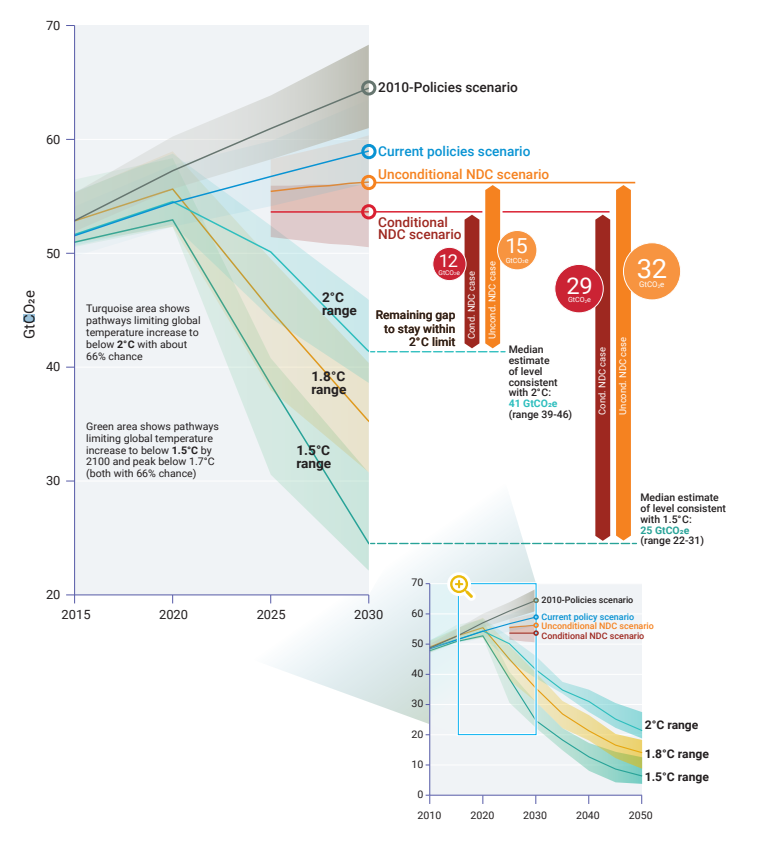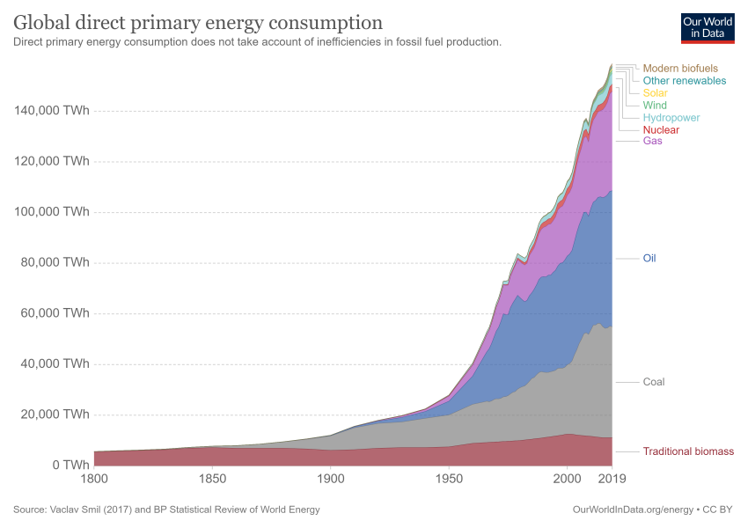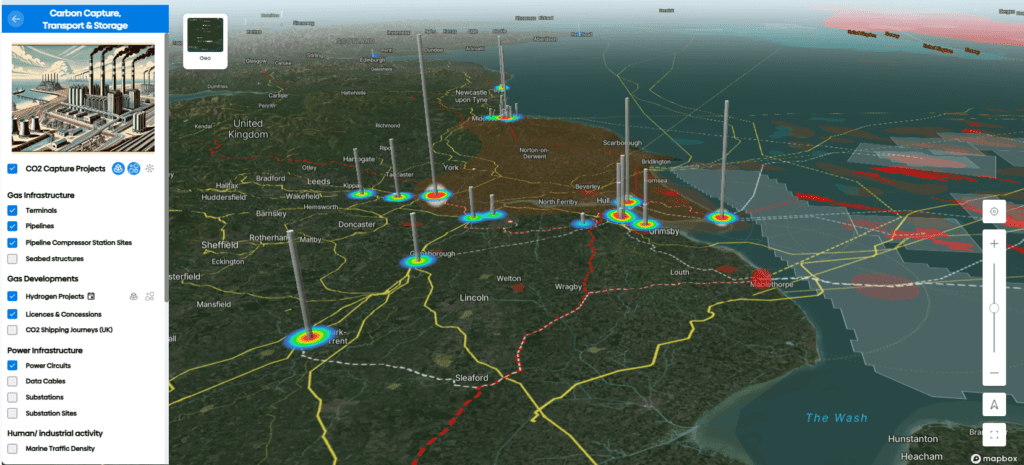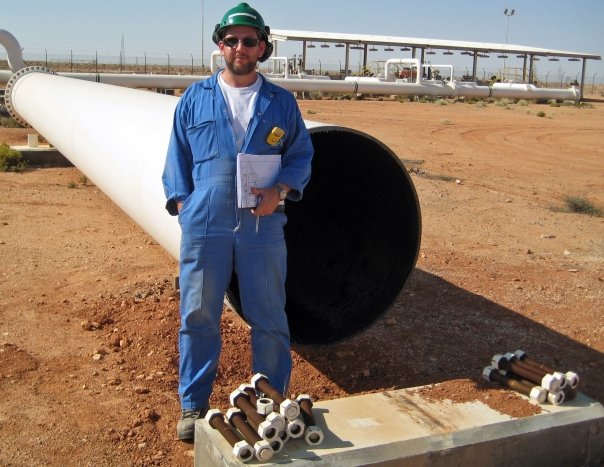As part of my MSc studies, I have read Benjamin Sovacool and Michael Dvorkin’s book Global Energy Justice, Problems Principles and Practices [1]. It is quite a remarkable book that looks at energy transition from a moral philosophy perspective, especially concerning ideas on justice. Unlike the most popular debates that are focused on technological efficacy, this book structures arguments for energy policies that promote justice using philosophical and moral constructs.
The chapter that attracted my attention was the connection between Virtue and Energy Efficiency. But what has an abstract concept got to do with energy efficiency, which is a technology problem? As Sovacool and Dvorkin point out, virtue is one of the oldest moral philosophies (and one that is out of favour) that goes back to Plato and Aristotelian notions of ideal states. Formally defined
Before we get into the relevance of the moral construct of virtue, why should we care about energy efficiency? The answer seems obvious, but a discussion of the problem and a relevant allegory will provide helpful background to our discussion about the relevance of virtue.
Despite numerous policy initiatives and technology advances, the world is unlikely to meet net-zero; the recent UN Emissions Gap report suggests net-zero is an unlikely outcome based on our current trajectory [3] (Figure 1). Global energy consumption continues to rise at an increasing rate (Figure 2). Since 2010, renewables as a worldwide share of total final energy consumption have remained at about 17% (IEA and IRENA data), even though we have doubled renewable capacity since 2000. Based on this information, one could surmise that without a radical shift in the amount of energy we use, net-zero is a flight of fantasy.

Figure 1. Will policies lead to net zero, from the UN Emissions gap report [3].

Figure 2. Global trend in energy consumption from 1800 to 2019.
We can take an example. As a policymaker, I can choose to provide subsidies for hydrogen technologies or battery technology. Imagine that I have to choose between one or the other as a policymaker, and I cannot have both. On the one hand, hydrogen is attractive, it is clean, transportable and storable. Compared to battery tech, it is more convenient than waiting for a battery to charge and hence is an attractive vector for transport. It appeals to the technocrats as a technology that can turn the most ubiquitous chemical compound on our planet, water, to clean energy that can be moved around and used at will. But there is a problem, hydrogen is inefficient, and numerous blogs by other authors show hydrogen comes with an efficiency penalty with about a 70% loss for transport and 50% loss if we use it for home heating [4] [5]. Despite these efficiency problems, policymakers appear to be rushing into a hydrogen economy [6][7][8][9]. There are no shortage of policy entrepreneurs keen to make a case for their hydrogen projects [10].
But what does the ideals of virtue tell us. As Aristotle says in the Nicomachean Ethics:
The cornerstone of Energy Virtue is the concept of exergy. Exergy is a useful thermodynamic concept that describes the capacity of energy to do physical work. As we do work, we transform energy to less valuable energy, heat, that cannot be used to do any more work [11]. For example, electricity is beneficial, it can be used to do lots of useful things. One of the things we can do is use electricity to make hydrogen a vector for heating our homes. However, in that process, we destroy all that exergy by taking electricity and turning it into heat. From an efficiency point of view, 50% of that electricity is wasted. Compared to a electric bar heater, which is nearly 100% efficient conversion of electricity to heat, and a heat pump that delivers 2.5 units of heat energy for every one unit of electrical energy, it appears that hydrogen is a poor choice. Another example is that if we electrify all our vehicles in the UK, we need about 2000 large wind turbines, to do the same with hydrogen, we need three times as many turbines, about 6000 [12].
Blog: Hydrogen or Electron Economy? – The Centre For Sustainable Road Freight (csrf.ac.uk)
The conservation of energy is the most virtuous concept we can have. The concept of exergy can be extended to include ideas about the utilisation of natural resources. The virtuous question is to ask how can I minimise the amount of resource to achieve my goal.
Energy is simply a subset of the resources we utilise, and the exploitation of resources requires energy. Another useful ancient Greek philosophy is Thanatia
Thanatia is the ancient Greek equivalent of the modern physical concept of entropy, in that that the entropy of isolated systems left to spontaneous evolution cannot decrease with time, as they always arrive at a state of thermodynamic equilibrium, where the entropy is highest. Entropy is the tendency to move from order to disorder. For example burning coal takes an ordered substance and converts it into heat and CO2 widely dispersed and largely unusable. Under the physical laws of entropy we cannot easily recover the useful energy we waste, and to replace that energy we need to use more resources. Eventually, we will experience resource death when we have redistributed useful energy and resources chaotically and randomly.
So how do we apply this to create a virtuous policy for the energy transition? Ossenbrink et al. provide a useful overview of the multilevel perspective of energy policy of Geels et al. and others by contrasting top-down and bottom-up approaches to designing policy [13]. The top-down approach is the most common way of developing policy, UK national policy on hydrogen is top-down and falls into the trap of being attracted by the seduction of clean energy from water. A bottom-up approach is much more challenging but allows us to frame the problem differently by asking two simple questions:
(2) What is the least amount of exergy I need to destroy to do that work?
I feel it is a bit unfair only to pick on hydrogen, but it is the grim reaper of exergy. We might also cast our virtuous eye on Battery Electric Vehicles (BEVs). BEVs destroy less exergy than hydrogen vehicles, albeit with less convenience than hydrogen vehicles afford, but As Schot and Steinuller [14] put it:
Schot and Steinmuller argue:
So how do we apply virtue to the decarbonisation of transport? The answer lies in fewer vehicles, not more electric vehicles. Ideas of shared autonomous vehicles, working from home, with fewer journeys is consistent with our virtuous concept of minimising exergy destruction and avoiding Thanatia, resource death [15].
However, there is a problem with the idea of virtue in that it is not always compatible with other moral philosophies such as freedom and libertarian ideals. We have a fundamental right to do whatever we want with what we want, providing we do not violate other people rights to do the same [1]. The personal vehicle (automobile or car) embodies all of that libertarian freedom, except now we want to do it without the externalities of carbon pollution. However, the endemic use of the automobile is not virtuous as we can use less resource to move people around.
In summary, the oldest moral ideal of virtue leads us to the idea that we should minimise the destruction of (resource) exergy to achieve economic good. This idea requires a bottom-up approach and a multilevel perspective of systems integration, both social and technical, to accomplish the end goal of increased happiness and well being for the human race. The contradiction is that virtue challenges notions of rights and entitlements to behave as we please to achieve our own happiness.
Virtuous policies also trade-off against the libertarian ideals of minimal state intervention. However, we can argue that the promised hydrogen economy is neither virtuous nor libertarian as it is the inferior choice for exergy conservation and is a policy that is pursued by policymakers with little or no consultation with end-user using a top-down approach to policymaking
[1] B. K. Sovacool and M. H. Dworkin, Global energy justice: Problems, principles, and practices. Cambridge University Press, 2014.
[2] “Virtue – Wikipedia.” https://en.wikipedia.org/wiki/Virtue (accessed May 23, 2021).
[3] United Nations, “Emissions Gap Emissions Gap Report 2020,” United Nations, 2020. [Online]. Available: https://www.unenvironment.org/interactive/emissions-gap-report/2019/.
[4] “Distilled Thoughts on Hydrogen | LinkedIn.” https://www.linkedin.com/pulse/distilled-thoughts-hydrogen-paul-martin/?trackingId=z0yAI14h64su7mjNfWiwLA%3D%3D (accessed May 23, 2021).
[5] D. Cebon, “Blog: Hydrogen or Electron Economy?,” The Centre for Sustainable Road Freight, 2021. https://www.csrf.ac.uk/2020/12/electricity-or-hydrogen-economy/.
[6] “The Future of Hydrogen – Analysis – IEA.” https://www.iea.org/reports/the-future-of-hydrogen (accessed Mar. 13, 2021).
[7] “Hydrogen isn’t the fuel of the future. It’s already here | World Economic Forum.” https://www.weforum.org/agenda/2019/06/the-clean-energy-of-the-future-is-already-here/ (accessed Mar. 13, 2021).
[8] S. S. Harsh Pershad, Eleanor Standen, Emrah Durusut, “The costs of Carbon Capture and Storage (CCS) for UK industry – A high level review,” Elem. Energy Ltd., pp. 1–79, 2013.
[9] “Hydrogen in a low-carbon economy – Climate Change Committee.” https://www.theccc.org.uk/publication/hydrogen-in-a-low-carbon-economy/ (accessed May 23, 2021).
[10] D. Mackinnon and S. Gomersall, “Acorn – A north east response to evolve and thrive through decarbonisation,” 2019, doi: 10.2118/195715-MS.
[11] “What Is Exergy? – Exergy Economics.” https://exergyeconomics.wordpress.com/exergy-economics-101/what-is-exergy/ (accessed May 23, 2021).
[12] “Energy Transition Is Not The Same Thing As Sustainability (but it could be).” https://www.strombergenergy.com/post/energy-transition-is-not-the-same-thing-as-sustainability-but-it-could-be (accessed May 23, 2021).
[13] J. Ossenbrink, S. Finnsson, C. R. Bening, and V. H. Hoffmann, “Delineating policy mixes: Contrasting top-down and bottom-up approaches to the case of energy-storage policy in California,” Res. Policy, vol. 48, no. 10, Dec. 2019, doi: 10.1016/j.respol.2018.04.014.
[14] J. Schot and W. E. Steinmueller, “Three frames for innovation policy: R&D, systems of innovation and transformative change,” Res. Policy, vol. 47, no. 9, pp. 1554–1567, 2018, doi: 10.1016/j.respol.2018.08.011.
[15] “Electric vehicles – or something else?” https://www.olwg.co.uk/post/electric-vehicles-or-something-else (accessed May 23, 2021).





